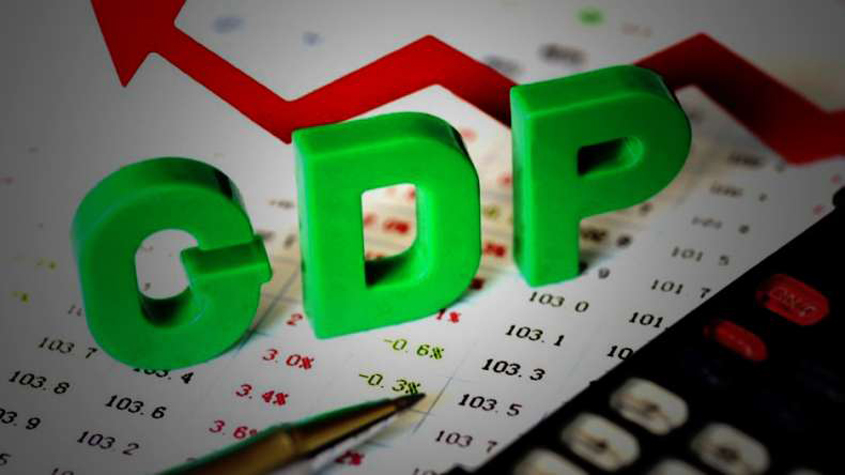The ongoing liquidity crunch in the system is going to contract overall economic activities across all sectors, thereby impacting the GDP growth for the running financial year. The quantum of such contraction is difficult to gauge at this juncture as there is no precedent in recent memory which can guide one to reach a conclusive figure, feel analysts. However, what can be said with certainty is that the consumption demand in the remaining half of FY 17 might suffer significantly which might push the economy towards a deflationary path. Many also anticipate more inflation in the economy if the supply disruption overwhelms the demand contraction. Though the impact of the demonetisation is still playing out, it would surely reduce the GDP growth at least in the next two quarters than what was anticipated earlier. “We have retained our outlook of GDP growth for the current financial year at 7.8%, but with a downward bias,” says Sunil Sinha, Principal Economist with India Ratings & Research.
Analysts explain that in value terms, the formal economy makes up about two third of India’s GDP which means that economic transactions therein happens through cheque or other digital platforms. But in the same breath, they also acknowledge that in terms of employment and in terms of touching the daily lives of the common man, the impact of the (cash) informal economy is much larger. The informal economy that contributes about one third of India’s GDP provides employment to about 80% of the workforce if agriculture and related activities are also included in it. So, lower consumption demand (both from formal and informal space) is very likely to push economy into deflationary path, but that is only one side of the story. The other side sounds equally authentic which is that if the demonetisation process becomes disruptive enough and slows down the supply side (especially of agri-related commodities), it can create more (food) inflation. “So whether supply disruption would offset the demand contraction or vice versa is uncertain,” says Sinha, adding that the RBI is left with the only option to wait and watch.
What can be said with certainty is that the consumption demand in the remaining half of FY 17 might suffer significantly which might push the economy towards a deflationary path.
People on the streets do feel positive about the demonetisation move which is certainly a “surgical attack” on existing black money, but its roll out is quite disruptive for a large section of population.
It would require a “cultural mutation” (of sorts) to shift people from cash to digital and this transition might not happen overnight. Much of rural India does not know what digital is.
So a great deal of financial literacy and deep penetration of technological wherewithal is required to achieve the intended purpose, say experts.

